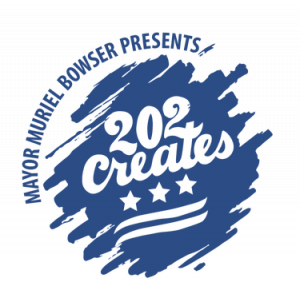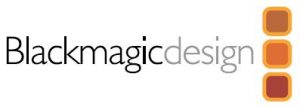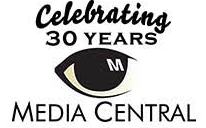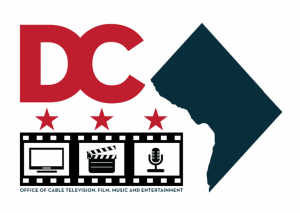
By John Aaron
I know that everyone is just getting over filing their 2020 tax returns. But if you started a new self-employed venture in 2021, you need to be aware of these tips:
A clearly articulated goal is essential when planning for a new business (e.g., who are your clients and how will you reach them), and a budget. Planning these steps could help to ensure lucrative results.
Maintain contemporaneous records of the money you spend on your self-employment activities and open a separate bank account in the name of the business. Remember to file for a fictitious name permit if you use a name other than yourself.
Premiums for retirement plans and health care insurance are tax deductible for taxpayers with self-employment income.
Cellphone and automobile use related to your business is deductible. Please keep track of your average monthly bill and the percentage of time you use the phone for business. Be sure to document the business miles driven during the year.
Your principal place of business is used to determine the mileage for business travel from to and from clients, whether that principal place is an office or an office in your home. Be sure to document the business miles driven during the year.
Business meals with clients during which substantive business matters are discussed may be partially deducted. Document the client name(s), date and topics discussed. Entertainment activities like golf outings, sporting events, concerts, hunting and fishing trips, and country club dues are no long tax deductible.
Home office expenses may be deductible if the space is used regularly and exclusively for your business and you generate a profit for the year. The home office deduction is available for renters as well as homeowners.
Your self-employment earnings are generally reported on your personal tax return, Form 1040. If you own the business as an individual, you should consult with your attorney to see if you would benefit from incorporating your business as a potential shield from personal liability from business activities. Your CPA can advise you of the tax benefits associated with each form of organization.
Your business may be considered a hobby, and its expenses non-deductible, if it does not make a profit in three out of five years. To prove your intention of operating a profitable business, despite a lack of net income in a particular year, you need to not only keep good records of the expenses you claim, but any documentation that supports the deduction as necessary to conduct your business. Examples of records that may prove useful include calendars and datebooks that show the amount of time you spent on business activities, and the kinds of tasks you did in an attempt to make your business profitable.














